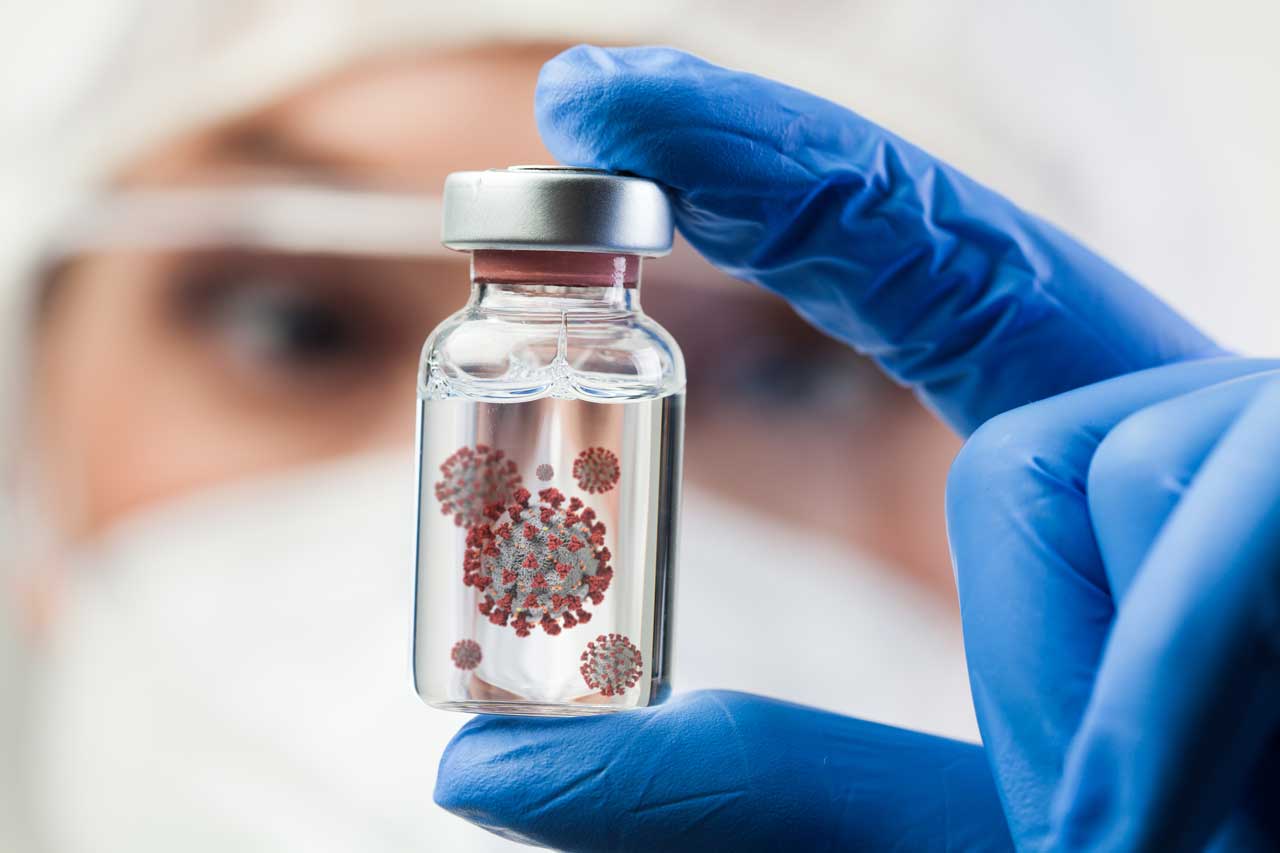Just as COVID-19 vaccines are being distributed worldwide, humankind is about to enter a new battlefield. Recently, three types of COVID variants have been identified in three different countries:
- The B.1.1.7 found in the United Kingdom
- The 501Y.V2 in South Africa
- The variant called P1 in Brazil
So far, there is still no proof that these new variants are deadlier than the version we are dealing with right now. A collaborative team (Imperial College London, University of Edinburgh, Public Health England (PHE), Wellcome Sanger Institute, University of Birmingham, and the COVID-19 Genomics UK (COG-UK) Consortium) in the UK found that each variant spreads more easily because the mutated virus’s spike protein latches more efficiently to human cells.
According to Arnold Monto from the Vaccine and Related Biological Products Advisory Committee of the U.S. Food and Drug Administration (FDA), the changes in the spike protein are not enough to render the vaccine useless. He says the COVID vaccines we have now should work against the new variants.
The best way to slow down the rapid spread of the virus that causes COVID-19 is to control its transmission. It is still important to frequently wash your hands, wear face masks, practice social distancing, and to get vaccinated. The fewer chances it gets transmitted, the less likely it is to replicate and mutate.
How Does the Covid Vaccine Work Against the UK Variant?
When a vaccine is administered to the human body, it generates a range of antibodies. The same goes for when you recover from an illness and develop immunity. As a response to the COVID-19 vaccine, the antibodies that the immune system generates attack multiple parts of the virus’s spike protein. So, even if there is one mutated region, there will still be other parts that existing antibodies are able to target and bind to.
There is a possibility that the human body is unable to develop a stronger immunity against the virus. But what’s impressive about vaccines is that it also helps activate T cells. These immune cells, based on data from clinical trials, might be able to provide protection to the body way before a good amount of antibodies are produced by the immune system.
According to Helen Chu, an immunologist who has been monitoring and studying the COVID-19 virus since it began spreading in the United States, “Even if you’re infected with a strain that’s not an exact match to what is in the vaccine, you’re still protected to a degree.”
For comparison, the seasonal flu vaccine is able to target about three to four influenza viruses. If something that only has 50% to 60% efficacy could fight off different strains in one go, what more for Pfizer and Moderna’s vaccines which have 95% and 94.1% effectiveness, respectively?
What if the New COVID-19 Variants are Unresponsive to the Vaccines?
The experts are confident that the existing vaccines we have could help fight off the new SARS-CoV-2 variants. They are also aware that there is not enough evidence yet to confirm it so they are making plans to make sure that if it does not work out as anticipated, they would be able to provide a quick remedy or solution.
Pfizer-BioNTech and Moderna vaccines are designed in such a way that makes them easy to modify or update. However, it is important for people to understand that any change or tweak applied to the vaccine, no matter how minor, will require another check from the government regulators. This is to ensure that the vaccine is still safe and, in this case, effective against the new variants of the virus.
Prevention is Still Better than Cure
The Centers for Disease Control and Prevention (CDC), along with public health agencies, are closely monitoring the sequences of the new variants in patients. They urge governments from Brazil, UK, and South Africa, and all other countries in the world to enhance SARS-CoV-2 genomic sequencing and to share the data so they could immediately lay the groundwork for a quick response. Statcare offices are giving the COVID-vaccines made by Moderna. Soon other vaccines from Pfizer, Novavax and Johnson & Johnson will become available.
For now, people need to be patient and understanding. A pandemic will not just go away overnight. Although vaccinating people is a top priority, everyone should still follow health protocols. With the increased transmissibility that comes with the new Coronavirus variant, people are urged to minimize their travels, to stay away from crowded places, and to always wash their hands and observe proper hygiene and disinfection.
It is also recommended to get tested when there is a concern for possible exposure to the infection. The Statcare urgent care and walk-in clinics offer 15 min rapid testing in all its locations in New York City. Call us to schedule an appointment for a visit or a virtual consultation.










